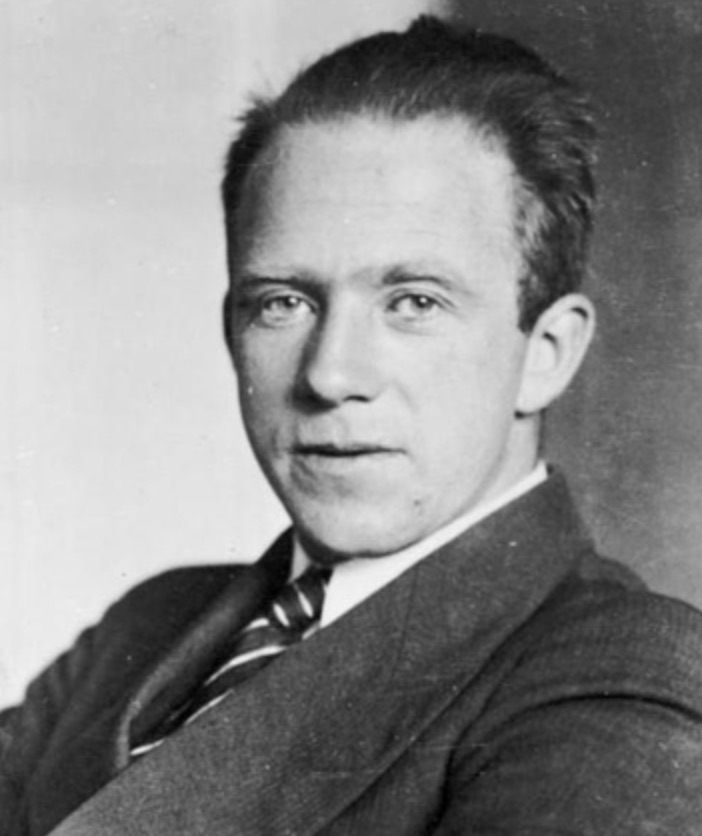
I believe that all the brightest people I have seen, immersed in the study of mathematics and physics, are capable of understanding any of the concepts introduced in those subjects, provided they invest the necessary effort. Of course, there is not enough time to master all branches of any field, but such people can master the material on which they focus. However, there will be individual differences in the rate at which material is mastered and absorbed.
For those of average intelligence, there will be some concepts beyond their reach because they do not absorb ideas quickly enough to build advanced cognitive concepts upon simpler concepts. That’s why most people cannot understand extremely advanced mathematics. Mathematical concepts are hierarchal and an understanding of one set of concepts is prerequisite to understanding the concepts at the next higher level. Similarly, someone who has not developed the ability to navigate intermediate level ski hills will be unable to navigate the challenging triple black diamond hills.Skills and concepts are stratified in a kind of hierarchy that demands mastery at one level to progress to the next level.
Notwithstanding the fact that established concepts are understandable to the brightest people, most things in our universe are outside the comprehension of all humans because we perceive the universe indirectly through our senses and therefore, have to interpret things in terms of the “logic” that is hardwired into our brains. Werner Heisenberg expressed this indeterminacy in his famous Uncertainty Principle that he enunciated in 1927. It states that it is impossible to simultaneously and precisely measure certain pairs of complementary properties of a particle, such as its position and momentum. The more accurately one of these properties is measured, the less accurately the other can be determined. The Bohr interpretation of this phenomenon suggests that there is no position or momentum until it is observed. In other words, “reality” may be an artifact of the human mind.
The elementary particles of physics, i.e., electrons, protons, neutrons, neutrinos, etc. are outside our realm of direct perception and their properties and connections are not well understood and may never be understood. It’s what Richard Feynman referred to as “quantum weirdness.” The question of entanglement, whereby two connected elementary particles can interact instantaneously, even when separated by lightyears continues to confound the brightest quantum physicists, and challenge the foundations of Einstein’s Theory of Relativity.
The concept of infinity has baffled humans since the time of the Ancient Greek philosopher Zeno. Even though we humans have made remarkable strides in our understanding and control of some aspects of our existence, we remain very much in the same state as Isaac Newton who stated in 1676:
I do not know what I may appear to the world, but to myself I seem to have been only like a boy playing on the seashore, and diverting myself in now and then finding a smoother pebble or a prettier shell than ordinary, while the great ocean of truth lay all undiscovered before me.
The ocean of truth remains relatively undiscovered–and maybe even undiscoverable!
